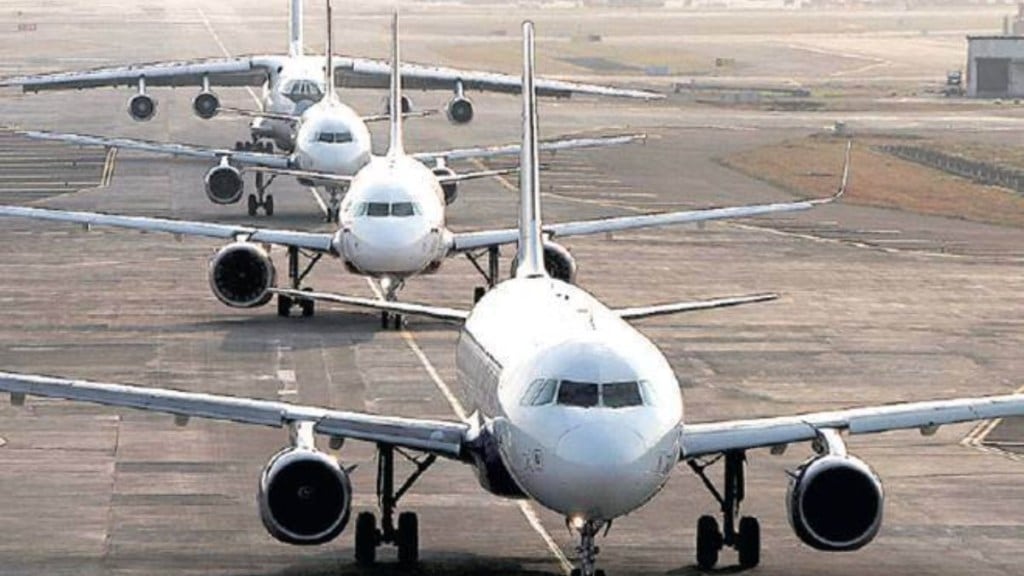The upcoming Union Budget 2025 is expected to address critical aspects of India’s aviation sector, particularly the Ude Desh ka Aam Naagrik (UDAN) scheme. Launched in 2017, the initiative aims to enhance regional air connectivity by making air travel affordable for the common man. As UDAN enters its next phase, several key areas are likely to receive attention in the budget.
To sustain and expand operations, the government may allocate additional funds to the UDAN scheme. With over 480 routes already operational, the scheme has enabled millions of first-time flyers. However, many regional airports and airlines face financial challenges due to low passenger volumes and high operational costs. Increased viability gap funding (VGF) is anticipated to ensure the scheme’s long-term success.
Infrastructure Development
Developing infrastructure in underserved and unserved regions remains a cornerstone of UDAN’s mission. Budget 2025 is likely to include provisions for upgrading airstrips, terminals, and related facilities at regional airports. This would not only improve passenger experience but also attract private investments in aviation infrastructure.
In line with India’s commitment to sustainability, the budget may introduce incentives for adopting eco-friendly technologies in regional aviation. Airlines operating under UDAN could receive subsidies for using sustainable aviation fuel (SAF) or for deploying fuel-efficient aircraft. Similarly, regional airports may see support for solar-powered infrastructure and waste management systems.
Beyond major airports, the government is also prioritising regional airports, with initial flight validation tests conducted at Noida International Airport and Navi Mumbai International Airport.
Expanding Regional Connectivity
The government is expected to announce additional routes to further enhance regional connectivity. Priority may be given to connecting remote regions in the Northeast, Himalayan states, and island territories, which are critical for economic development and national integration. Streamlined approvals for new routes and faster clearances for pending proposals could also be part of the agenda.
The aviation sector’s growth under UDAN has highlighted the need for skilled manpower. Budget 2025 might include targeted programmes for pilot training, ground handling, and air traffic management. Scholarships or incentives for students pursuing careers in aviation could also be introduced.
Additionally, better integration of regional airports with larger hubs through multimodal transport systems could be emphasised.
Budget 2025 holds significant potential to strengthen the UDAN scheme. By addressing financial, infrastructural, and operational challenges, the government can ensure that UDAN continues to democratise air travel while contributing to regional economic development.

